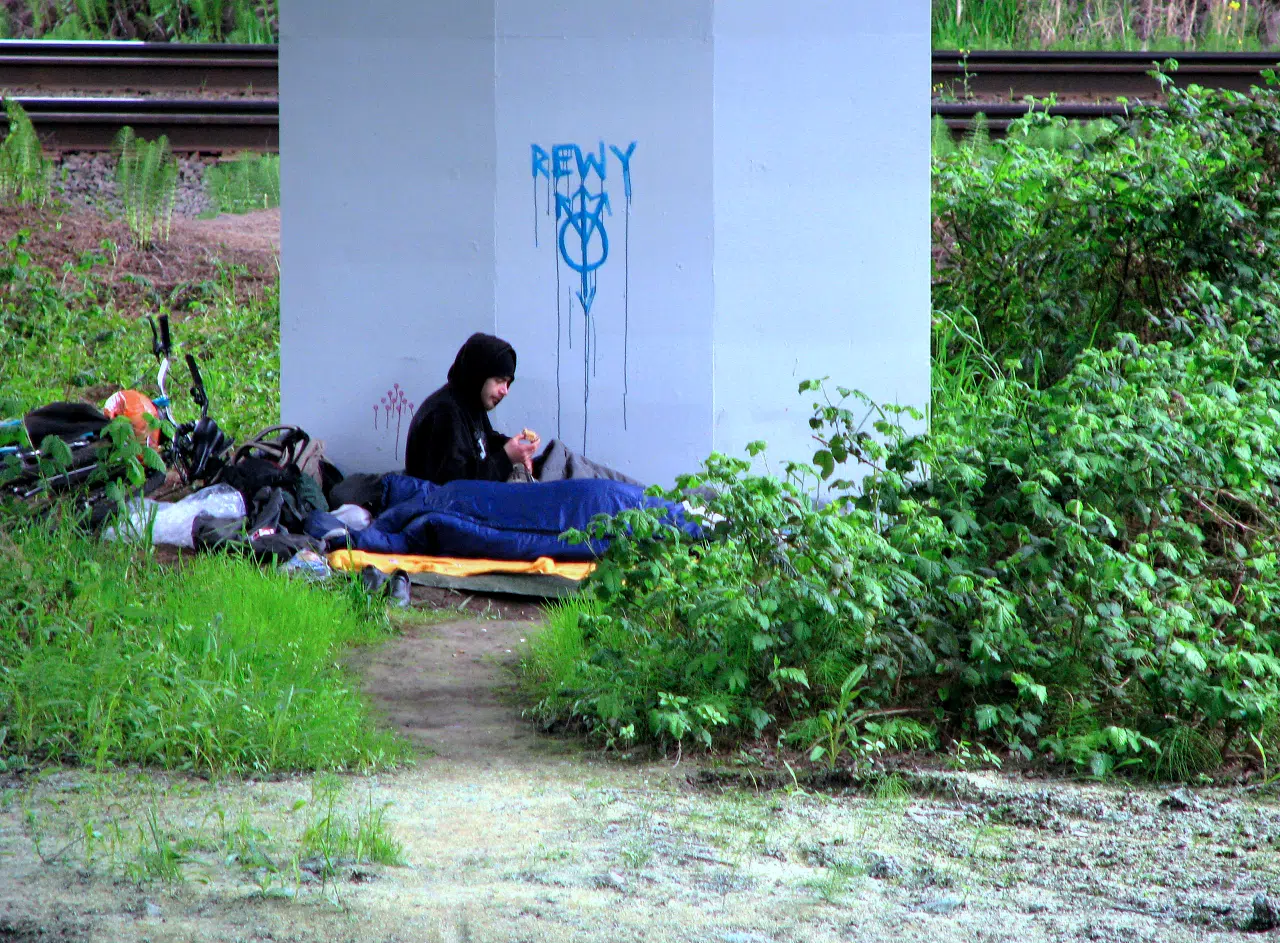
While the B.C. Government is touting a first-of-its-kind complex-care housing program for some of the most vulnerable people, a Kamloops Councillor is questioning why none of the four new facilities announced on Thursday are located outside the Lower Mainland.
Mike O’Reilly says it won’t paint an accurate picture of the situation across the province.
“There is a lot more access to services down in the Lower Mainland and a more denser area, in a denser population, and the rest of the province is not built that way,” he said. “You would think that would be the intent of a pilot project is to see how these facilities would work in all major cities in the province, not just the Lower Mainland.”
“If you look at what was announced, it was two in Vancouver and two in provincial election swing ridings in Surrey and Abbotsford,” O’Reilly added.
“That is what the press release could have said. It is unfortunate for the rest of the province and it is unfortunate for the advocate of people who have mental health issues throughout the province.”
The government says the program will provide an “enhanced level of integrated health and social supports” to support about 100 people who need enhanced support beyond what is provided in existing supportive housing projects.
“For too long, those who suffered from mental-health issues, substance-use or other complex challenges have struggled to get the care they need, when and where they need it,” the announcement by Mental Health and Addictions Minister, Sheila Malcolmson, said, in a statement.
“This groundbreaking approach will not only support our province’s most vulnerable to secure quality care and stable housing, it will also help our cities build healthier communities.”
The government defines complex-care housing as a “groundbreaking approach” to address the needs of people with overlapping mental-health challenges, substance-use issues, trauma, and brain injuries, who are often left to experience homelessness.
“The current housing system is not working for those with serious mental-health and addiction issues who cycle in and out of shelters, jail and emergency rooms,” David Eby, B.C.’s Attorney General and Minister Responsible for Housing said, in a statement.
“Pairing intensive health-care supports with housing to support people who are currently living in distress on our streets will improve not just the quality of life of everyone housed through this program, it will improve quality of life of the entire community.”
The government says it will monitor and evaluate these new facilities to see how and where it can be expanded.














